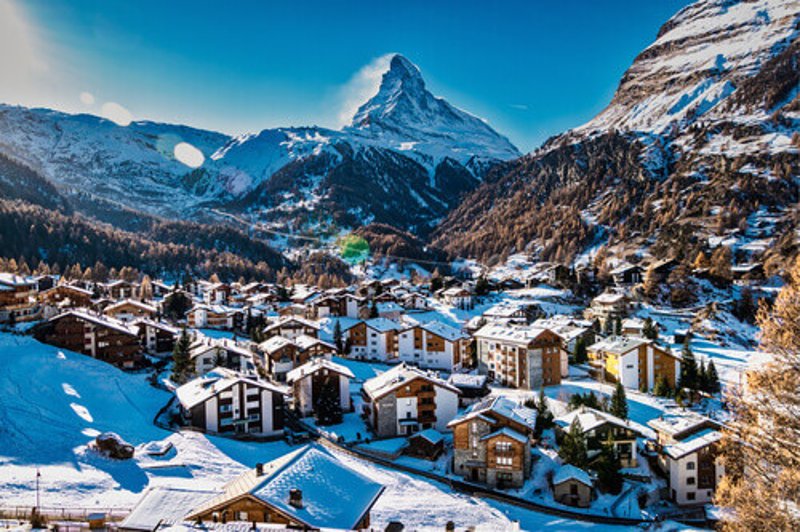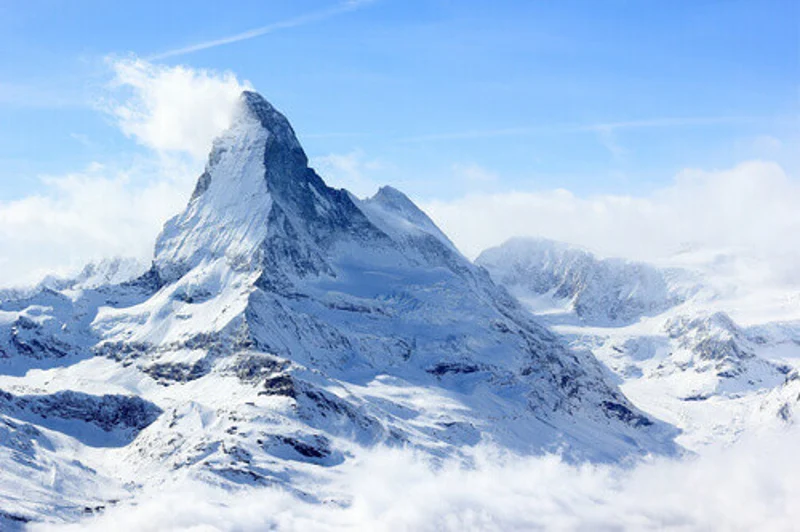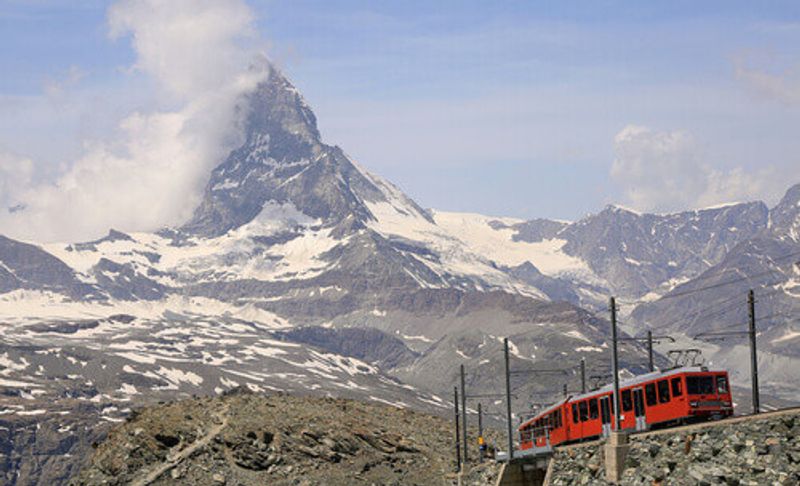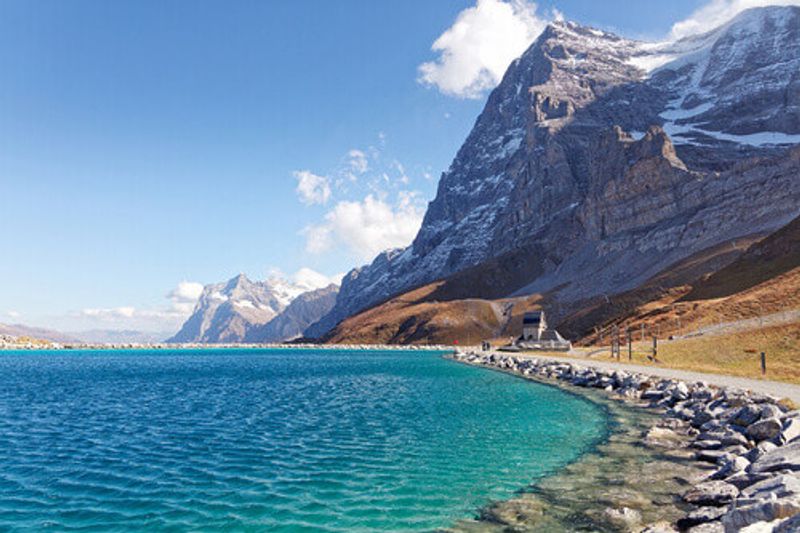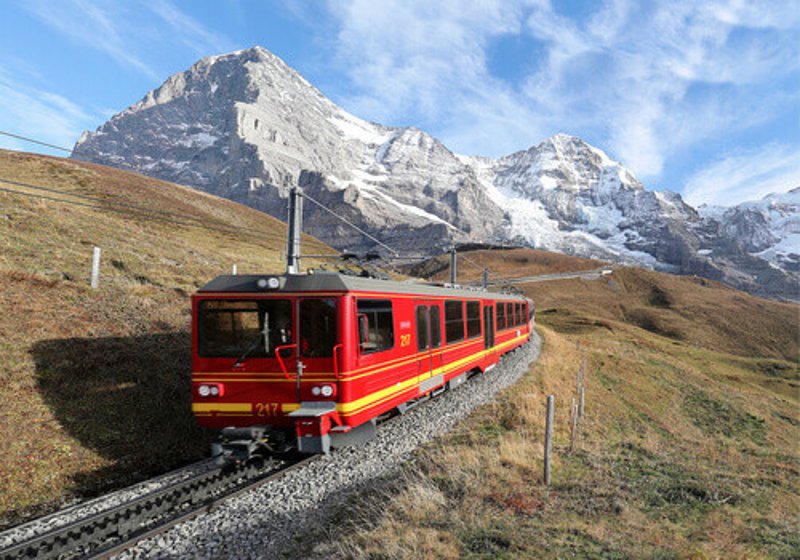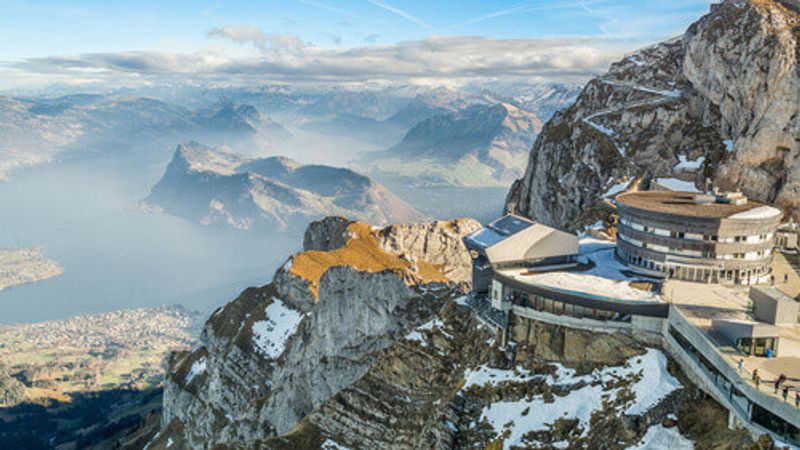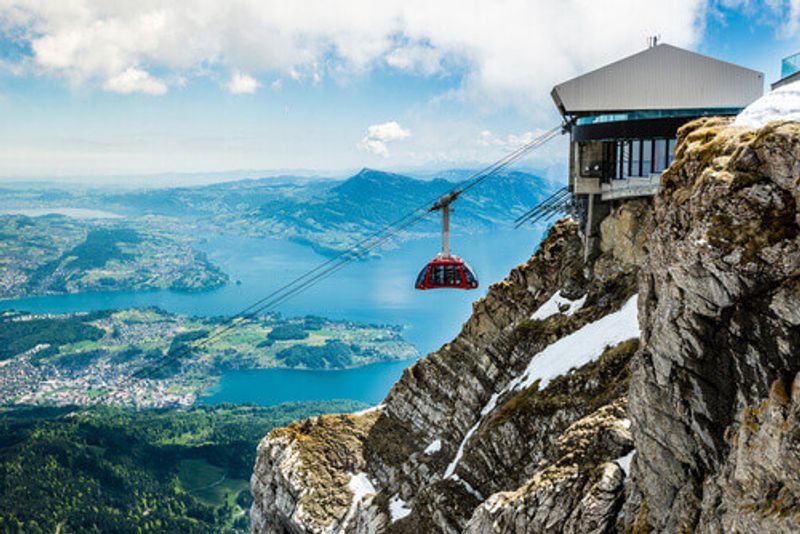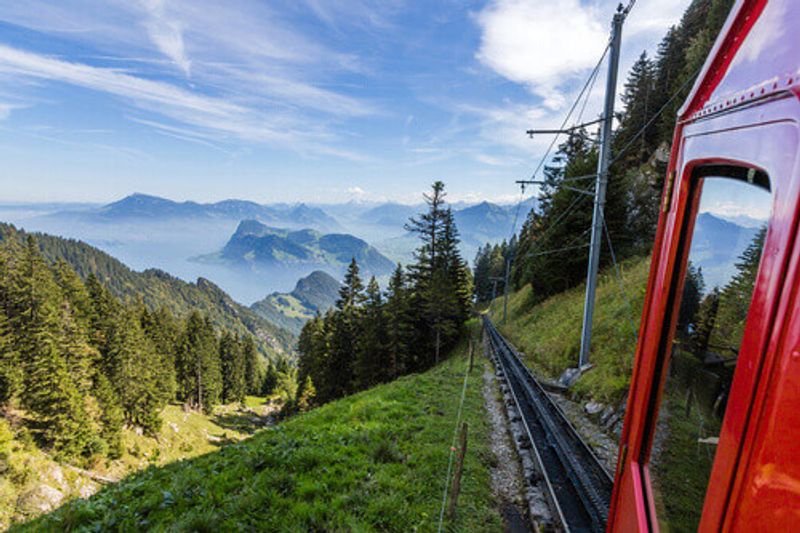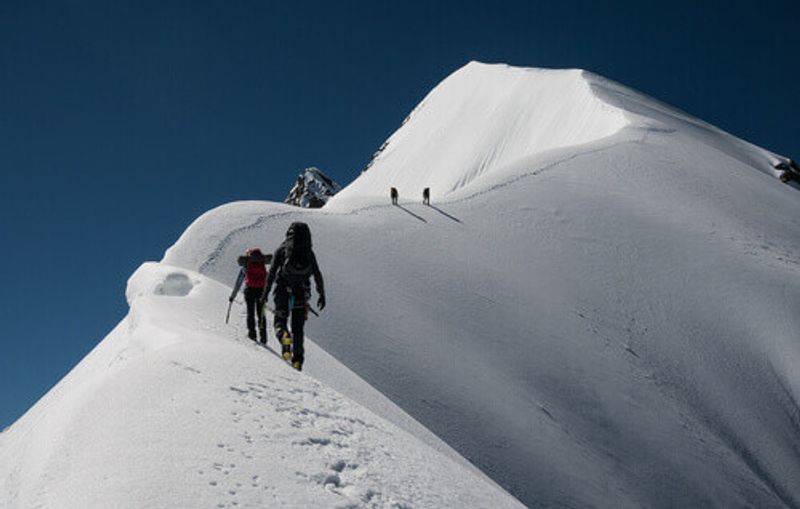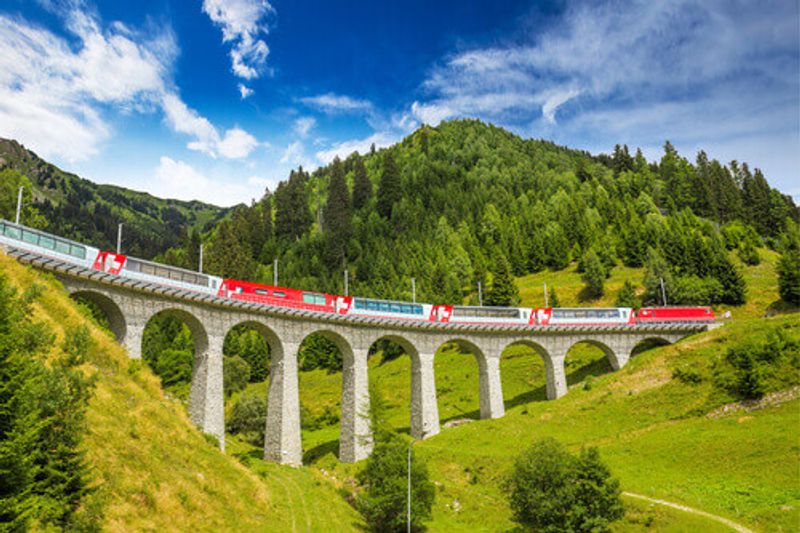Jaw-dropping views, pristine nature and warm hospitality - Switzerland’s mountain ranges represent the best the country has to offer
In any discussion of European mountains, Mont Blanc usually dominates, just as it does the skyline around Chamonix. And while Europe’s highest peak, which straddles France and Italy, deserves its reputation as one of the most perfect looking peaks in the world, there is a whole host of mountain ranges in Switzerland that offer equally stunning scenery and year-round activities.
Here’s a closer look at just some of Switzerland’s most stunning peaks and, more importantly, how you can experience them for yourself.
The Matterhorn, Zermatt
Lovingly referred to as ‘The Jewel of the Swiss Alps’, the Matterhorn – whose very name conjures up romantic images of snow-covered summits and Alpine majesty – is one of the most dramatic looking mountains on the planet.
It’s also one of the most instantly recognisable – it’s distinctive pyramid-shaped peak adorns the Toblerone packaging. The jagged shark-tooth looms over Zermatt and, at nearly 4,500 m, is one of the highest mountains in Europe.
Serious climbers can attempt a challenging (and risky) ascent to the summit, though it’s also possible to get up close and personal without the use of crampons and an ice axe by taking a train to Gornergrat. Europe’s highest cogwheel railway has been taking travellers up to a 3,089 m viewing platform since 1898, and experience that’s not to be missed.
Eiger, Bernese Oberland
One of the most impressive, enigmatic-looking peaks in Switzerland, the Eiger casts a huge shadow over the beautiful village of Grindelwald. It may be less than 4,000 m, but that doesn’t make it any less fearsome. In fact, it’s famous North Face, with a 1,800 m vertical drop, is known as the Mordwand, or ‘death wall.’
This route to the summit was first conquered by an Austrian-German team in 1938, but for a more leisurely trip to the top, the Jungfrau Railway is an other-worldly journey which winds its way through the tunnels to the start of the Eiger Trail.
Once at the top and out on the trail, you’ll soon encounter the famous North Face in all its glory – but from a safe distance. An hour further along the trail, and you’ll be rewarded with more dazzling views, this time of the Grosse Scheidegg and the Wetterhorn.
Pilatus, Lucerne
Yet another pearl in the Swiss Alps, Pilatus stands dutifully and impressively over Lake Lucerne in the heart of Switzerland. The fact the mountain is also shrouded in myth – the mountain only adds to its allure.
According to legend, Pilatus gets its name as the final resting place of Pontius Pilate. The region’s sudden and dramatic storms are said to be the trapped ghost of Pilate, searching for a path to heaven.
The best way to journey to the top is via the steepest cogwheel railway in the world. The train, which has been running since 1889, has at points a 50% gradient. On a clear day, the 360-degree views at the top takes in 73 different summits. Once you’ve had your fill of these, catch the gondola for a different – yet no less enchanting – view of the mountain and its surrounds.
Piz Bernina, St. Moritz/Engadin Valley
If it’s beauty, accessibility and scale you’re after, Piz Bernina near glamourous St Moritz is the mountain for you. The highest in the Eastern Alps, it’s 4,049 m summit is unique as the only one of the ‘Alpine 4000s’ to exist outside the larger Western Alps. It’s also one of the few isolated peaks, as it stands out amongst it’s smaller neighbours.
To see Piz Bernina at its finest, hitch a ride on the Rhaetian Railway for spectacular views along the UNESCO World Heritage Route through the Engadin Valley, with the Tschierva Glacier to the West and Morteratsch Glacier to the East. An engineering masterpiece, the Bernina Railway is also one of the world’s steepest adhesion railways, offering one-of-a-kind opportunity to take in some of Switzerland’s most spectacular landscapes.
